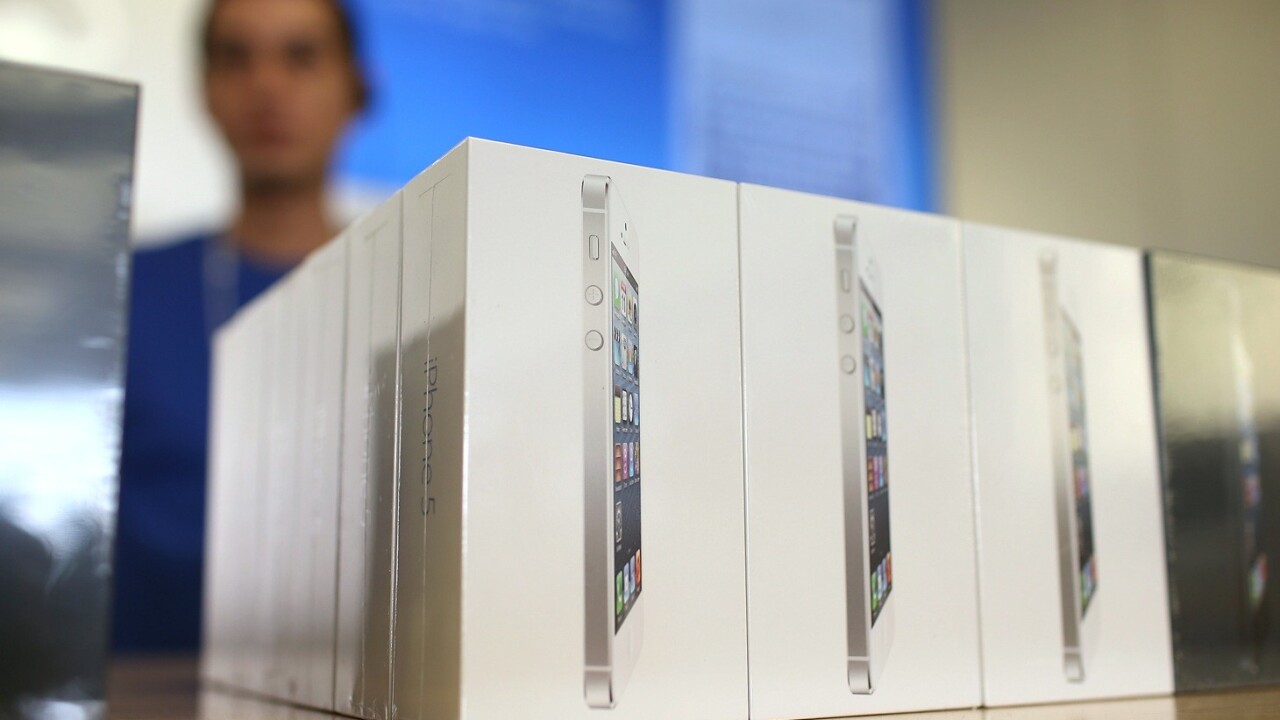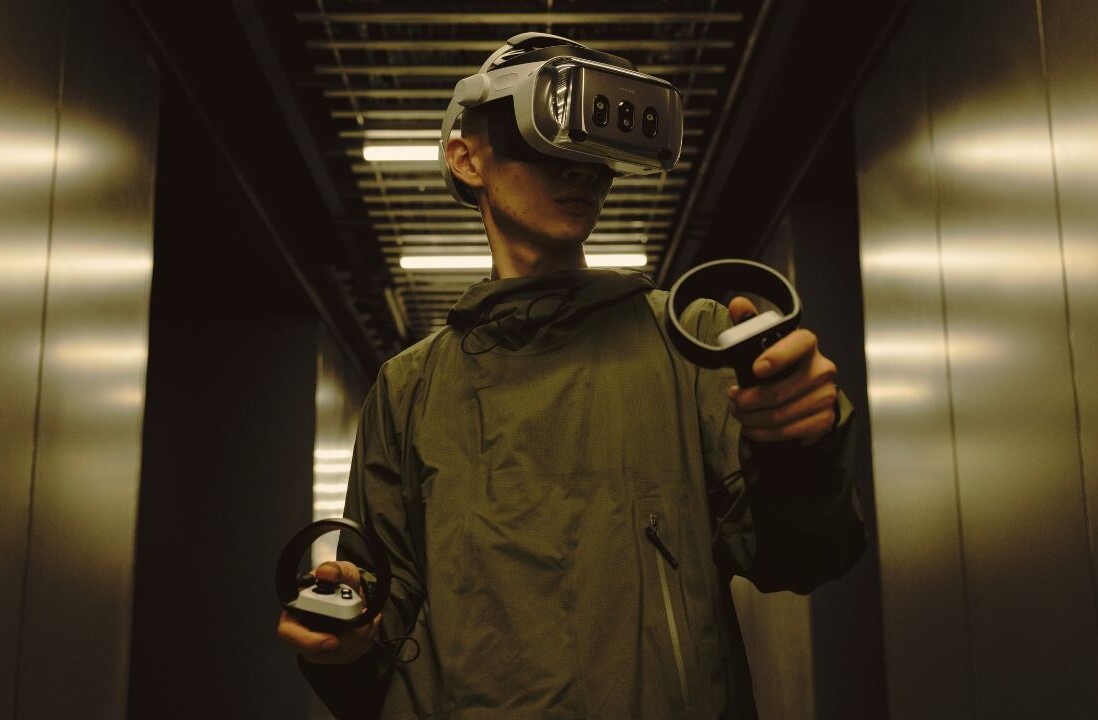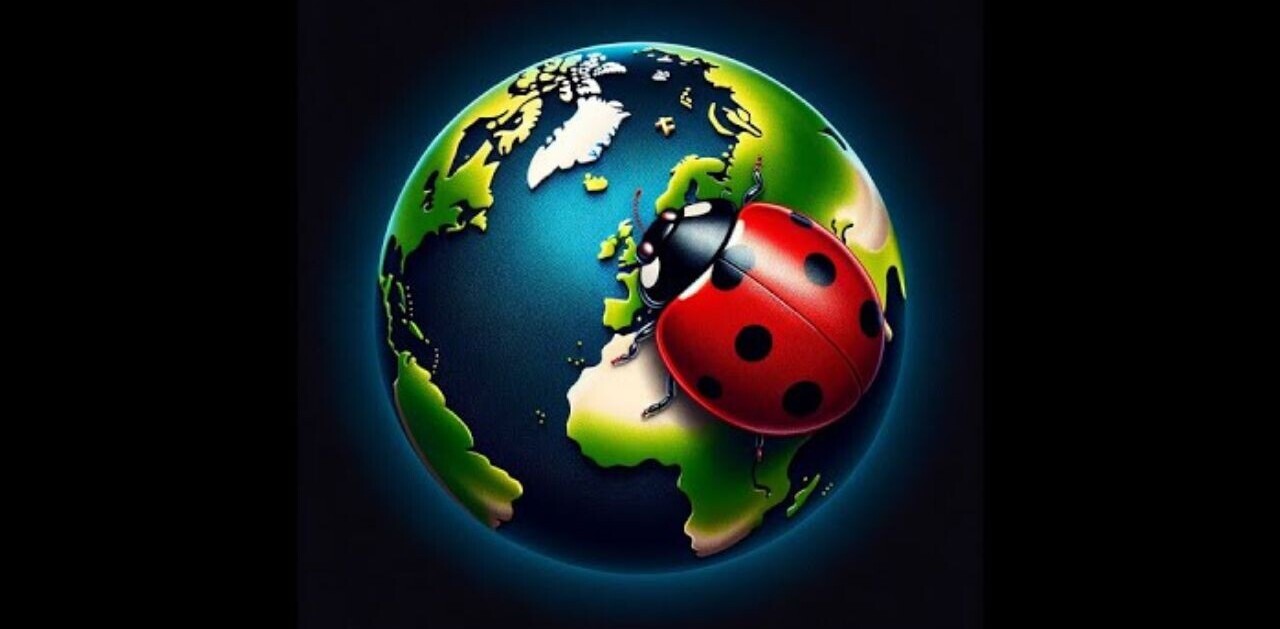
As tech industry watchers debate whether or not Apple remains a genuinely innovative company, out comes news that the Cupertino firm, in characteristic fashion, continues to develop clever solutions to minor-but-noticeable problems.
Apple Insider reports that Apple has just been granted a patent for a technology that will automatically tell users what specific form of communication they ought to use when trying to get in touch with a contact.
In other words, let’s say you want to invite your friend Jim to a party and reach for your iPhone to give him a call. But Jim is driving and can’t take a call. You might see a blurb under his name advising you to WhatsApp him instead.
Of course, many factors can determine a person’s availability at any moment – be it time, location, mobility, or any other complicating variable. Users can control the collection and distribution of this information in a myriad of different ways.
First, using the built-in monitors such as GPS, web camera, or microphone, the device can instantly determine the location and likely situation of its owner. With this collected data, the device can then inform those who want to reach this person of the most convenient method through which to get in touch. For example, every time you’re at the workplace, your phone will assume you’re working, and automatically advise those on your contact list to email or text you. Apple Insider provides the following diagram to give an idea of the interface.

In addition to location, users can also specify their preferred means of receiving communication by syncing their GPS with their calendars, or by classifying their contacts into different categories and subcategories. For example, you might adjust settings to permit close friends to call you when you’re at home, eating dinner with your family on weeknights between 5pm and 7pm; but when co-workers look up your contact info at this time, they will be told to text instead. And on the odd weeknight where you eat dinner at a restaurant with your mates, your settings might automatically readjust so that anyone, friend or foe, can reach you by phone call.
The core of this new technology is, in essence, a “third-party” system that acts as a medium between you, the device owner, and those that want to talk to you. Your GPS, your clock, or your microphone (say you’re at a concert) will send data to the system. When people try to reach you, the system will first tell them the best means through which to do so. Apple Insider provides the following diagram to illustrate how the system will draw from multiple monitoring mechanisms to determine your availability.

This is the sort of innovation that defines Apple as a forward-thinking device maker that takes care to resolve minor inconveniences, whether they pertain simply to Apple devices, or in this case, all mobile devices in general. It’s not the end of the world if I’m faced with a friend not picking up the phone, and subsequently have to decide if I should send a quick text or let this one slide. But knowing in advance, at any given moment in the day, the best way to reach someone certainly eliminates this awkwardness.
Apple might be facing uncertainty as to how to expand its market dominance as the space for high-end devices matures, and it might be questioning how to keep it’s core operating systems feeling fresh as its devotees crave something new. But as far as ‘innovation’ goes, as long as this patent sees the light of day, Apple shouldn’t have to worry about a diminishing reputation.
Apple is expected to release iOS7, its new operating system for mobile devices, in the fall of this year.
Image Credit: Justin Sullivan/Getty Images
Get the TNW newsletter
Get the most important tech news in your inbox each week.





